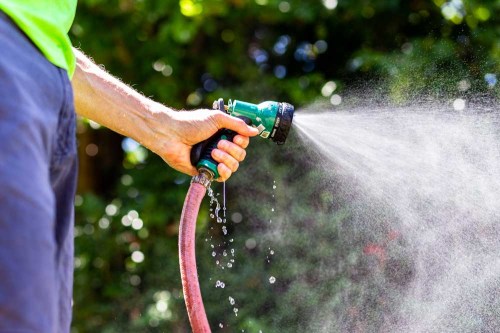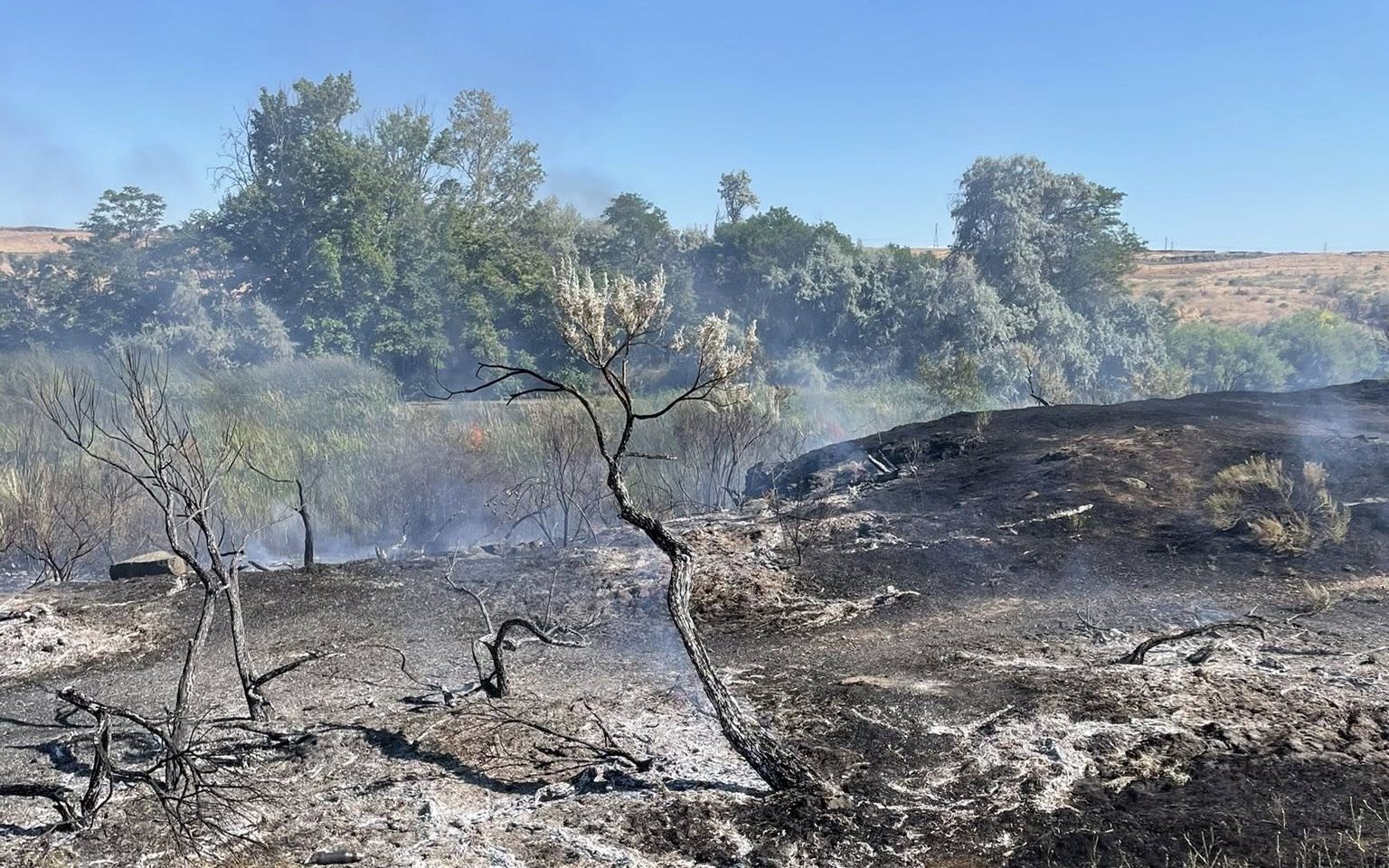Chlorine shortage worries some Oregon cities
Published 12:00 pm Monday, June 21, 2021

- A plant in Longview, Washington, that supplies most of the Northwest’s chlorine has had an equipment failure that will temporarily limit the availability of chlorine for cities on the West Coast. Some cities, such as Hermiston, are encouraging residents to be mindful of their water usage.
HERMISTON — The city of Hermiston has reduced all watering of its parks by 10% in response to a chlorine shortage across four states.
Oregon Emergency Management released a statement addressing the shortage, noting an equipment failure at a plant in Longview, Washington, that supplies most of the Northwest’s chlorine had an equipment failure that will “temporarily limit the availability of chlorine for cities on the West Coast.”
Many cities use chlorine to disinfect their supply of tap water and treat wastewater.
The malfunctioning plant, Westlake Chemical, does not anticipate being back online until the end of June, OME stated, and so the department is reaching out to all municipal water suppliers to assess the status of their chlorine supply and see where supplies need shared. According to Oregon Public Broadcasting, some cities, including Medford and Forest Grove, only have a two-week supply on hand.
On its Facebook page, the city of Hermiston said it planned to save about 150,000 gallons of water by watering its properties 10% less, and encouraged residents to take their own steps to reduce water use.
“We’re asking residents to be similarly mindful of their own water use as we monitor the situation,” the city wrote. “Every gallon saved helps us conserve our current chlorine supply.”
The city did note it still is operating the Hermiston Family Aquatic Center.
Bob Patterson, public works director for the city of Pendleton, said Pendleton uses sodium hypochlorite — essentially concentrated bleach — at its water treatment facility. That comes from a different supplier than Westlake Chemical, he said.
The Pendleton Family Aquatic Center has enough chlorine gas to get through the current season, he said.
According to Oregon Emergency Management, cities with a surplus of chlorine for their drinking water will provide mutual aid to cities with a shortage. The department stated that members of the public can continue safely drinking their city’s water, but encouraged people to do their part to conserve water to help stretch the chlorine supply.
Residents across the western United States already were being encouraged to reduce water consumption to address the severe drought.






